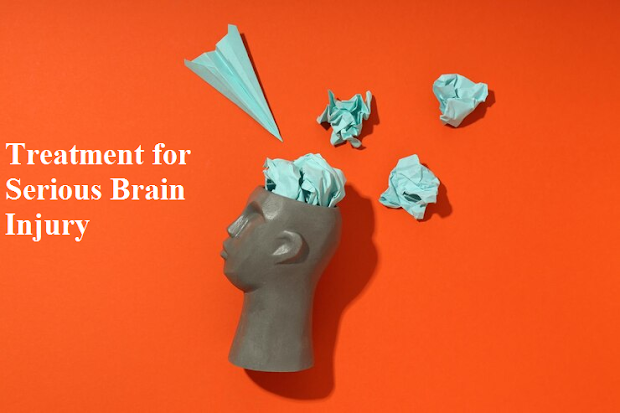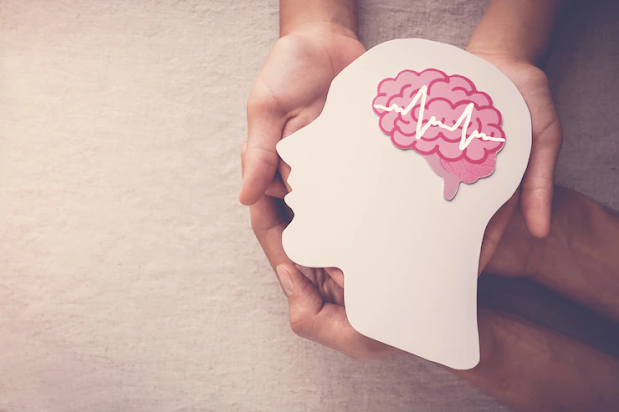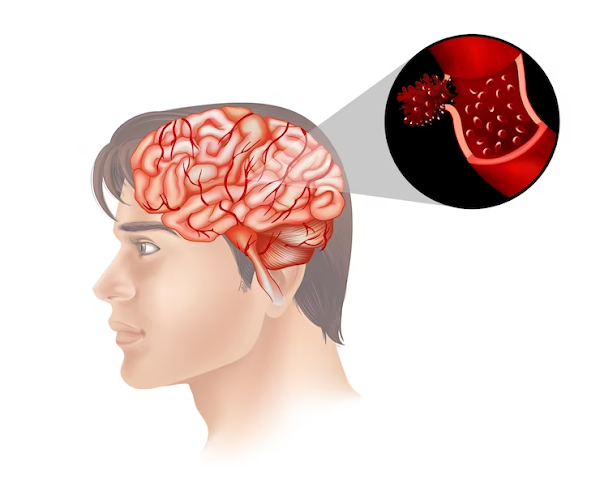How to Get Treatment for Serious Brain Injuries
Summary:
Brain injury is one of the primary causes of death in
people under the age of 45. Many who suffer slight to moderate injury do not
appear to be injured and they have few outward bodily manifestations of
personal injuries.
Living
independently is important for many of today's seniors. With the benefits of
living alone though come plenty of risks. Protecting yourself from risks like
traumatic brain injury resulting from fall related injuries is one way that you
can greatly increase the length of your independence.
Did
you know that falls are by far, the leading cause of traumatic brain injury?
People over the age of 75 have the greatest probabilities of hospitalization or
even death as the result of traumatic brain injury. Prevention of falls and
fast access to care are the greatest weapons against permanent damage resulting
from traumatic brain injury.
Symptoms of Traumatic Brain Injury
Mile
TBI (traumatic brain injury) will often include these types of symptoms: low
grade and lingering headache, changes in sleeping patterns, difficulty with
concentration and memory, dizziness, blurred vision, increased or unusual
sensitivity to light or sound, and a constant ringing in the ears.
Brain injury support for veterans may
include any of the symptoms of mild TBI as well as slurred speech, numbness in
arms and/or legs, loss of coordination, seizures, pupil dilation in one or both
eyes, worsening headache that will not leave, and nausea.
How Should You React if You Suspect TBI?
If
you've fallen and had a blow to the head accompanied with the symptoms above it
is a good idea to see your doctor right away. You should also see your doctor
or emergency medical service provider immediately if you are taking aspirin,
Coumadin, or any other blood thinners and hit your head (with or without any of
the above symptoms).
When
you see your doctor be sure to bring a list of all prescription and over the
counter medications you are taking. Medications can have very dangerous
interactions with one another in the best of circumstances. In the event of a
traumatic brain injury those risks may be more profound.
Why does TBI Pose such a Great Risk to Seniors?
The
problem with seniors when it comes to traumatic brain injury is that there are
many times when they do not get the necessary treatment or care quickly enough.
Many seniors live alone and are injured or disoriented enough that they cannot
get to a phone and dial the numbers to get emergency medical attention immediately
after the injury occurs. At a time when seconds matter, minutes can do
irreparable damage, and hours can be more like days compared to the amount of
damage that can ultimately be corrected or recovered from.
It
is often the case that traumatic brain injury among
the elderly isn't discovered until it is far too late to undo the damage that
has been done because aging adults often live alone and frequently live very
insulated and isolated lives. The other problem is that elderly or aging adults
are at greater risks for these damaging falls whether by environmental hazards
for tripping and falling or loss of coordination due to aging, medication side
effects, or lack of exercise.
Medical
alert systems can be an excellent first line of defense against permanent
damage due to TBI that results from falls. You owe it to yourself or your loved
ones to make sure that this line of protection is readily available.
Rule out permanent brain injury
Any
period of unconsciousness is a red flag to rule out permanent brain injury,
i.e. to evaluate the nature and extent of the brain injury. Loss of
consciousness always should be considered significant. However, a report of no
loss of consciousness does not mean that a brain injury has not occurred. Many
head injuries result in a prolonged period of confusion with spotty memory. It
is common for patients to be asked what they remember upon waking up. More
important though is when constant, continuous memory re-started. In many cases
where there is no specifically identified period of lost consciousness,
continuous memory will not restart for many hours or days later.
Changes caused by a head injury
Family
members are the first to recognize deficits and changes caused by a head
injury, well before the patient is prepared to admit to chronic deficits, but
unfortunately this significant information is not fully reported to doctors. In
addition, by definition, asking a memory impaired person details of their
cognitive losses is problematic. It is the equivalent of asking a patient
"how long were you knocked out?" Once you lost consciousness, you
don't know and rarely does anyone instantly regain full consciousness. Coming
in and out of acute consciousness is common. For the same reasons, asking a
memory-impaired person what they don't remember is not helpful.



Comments
Post a Comment